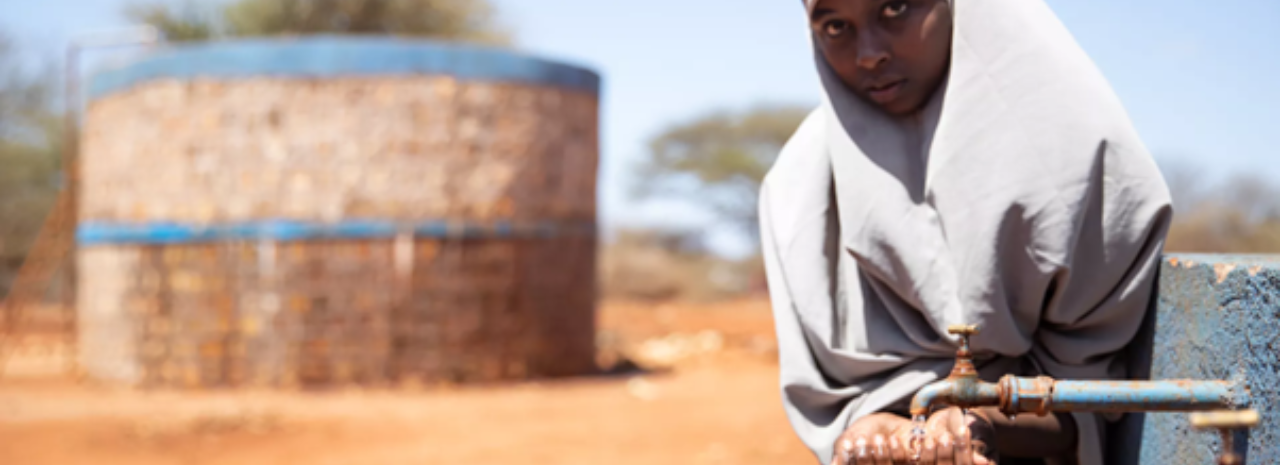 UNICEF/UN0694026/Bizuwerk
UNICEF/UN0694026/BizuwerkDjibouti adopts targeted approach to social protection
Genesis has been contracted by UNICEF to conduct a budget analysis on social protection spending in Djibouti, along with a fiscal space analysis to recommend ways that the government can increase resources for social protection.
The assessment begins with a rapid scoping analysis of the social protection sector in Djibouti to identify the key actors, institutions, regulations and strategies. The budget analysis seeks to estimate the size and composition of the social protection sector over the past 3-5 years.
The fiscal space analysis explores how various policy options, including green bonds, can generate additional funds for social protection under different macroeconomic scenarios within the fiscal space diamond.
The results of the project are intended to support key decision makers as they finalise the development of the new national social protection strategy towards the end of 2023.
The Government of Djibouti is aware of the pivotal role of social protection as a vital support system for the most vulnerable segments of its population. Acknowledging its potential for fostering resilience and transformation, the government views social protection as a key mechanism in promoting autonomy during crises and shocks. Notably, the National Family Solidarity Programme (PNSF) and the establishment of a national social register have been instrumental in the government’s initiatives to alleviate poverty and invest in human capital.
For example, despite the colossal pressure that Covid-19 exerted on the economy, the government extended the coverage of the PNSF (until then aimed mainly at health and access to education for young children and mothers) to a further 2,500 households in urban areas. In addition, 37,567 more vulnerable households and 1,200 more refugee households received vouchers worth FDJ 10,000, valid for two months, to help them cope with Covid-19 constraints.
Nevertheless, there is an imperative to address the persisting challenges. With over 23% of the population living below the poverty line and inherent limitations such as scarce arable land and irregular rainfall, there is a need for the country to enhance its social protection system for long-term resilience and adaptability to diverse shocks and demographic changes. The current allocation of merely 1.5% of the state budget to social protection in 2017 underscores the need for substantial improvement.
Prior to the PNSF, social security initiatives were reactive responses to drought-related shocks, often reliant on external donors such as WFP, UNICEF, FAO, Islamic Development Bank and USAID. Beyond the PNSF, there is a pressing need to establish a government-led social protection system aligned with national poverty levels and employing a targeted approach.